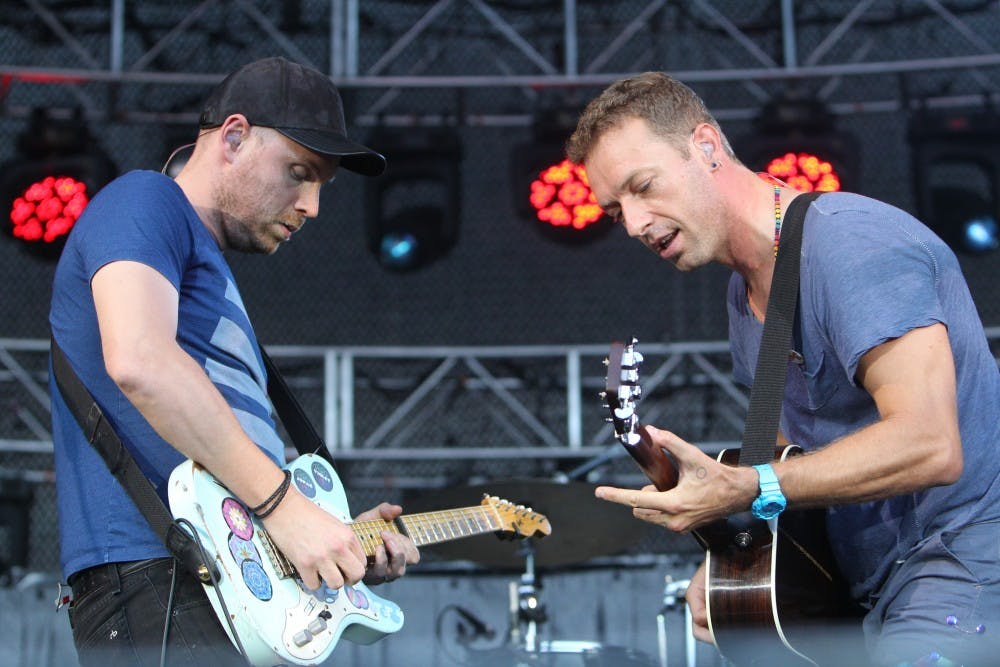Thousands packed into the Concert for Charlotteville held at Scott Stadium on Sunday evening. The event was intended to show unity in the aftermath of the events of Aug. 11 and 12, as well as to raise money for charity. The concert offered the Charlottesville community an opportunity to heal after these horrific events and demonstrated that students and residents of this community can come together to show unity in the face of hate. For that night, students and townspeople were united as a community. It is essential that the sense of unity and optimism felt in that stadium be translated to students’ everyday lives at this University. That means students should assume a more active role in Charlottesville beyond the University. Despite what one might think after witnessing the concert, students do not usually interact with the greater Charlottesville community. Especially after the white supremacists rallies — along with City Council and the University’s ineffective preparation — it is incumbent upon us to assume a larger role in advancing the city we live in.
There are several ways students could get more involved around Charlottesville. Through organizations on grounds and throughout Charlottesville, there are countless ways for University students to connect with the greater parts of Charlottesville. Students can do anything from assisting the homeless and tutoring children, to helping out at the food bank and assisting at legal aid centers. Students should also engage in the city’s politics by registering to vote and casting their votes in the upcoming Charlottesville City Council race. It is essential that students, as a large group of citizens in Charlottesville, express their voice in local elections. There are also countless forums and groups where students can go voice their concerns and advocate for issues that are important to them. Especially after the white supremacists rallies, it is essential that more students seize the opportunity to improve this city, so that we leave Charlotteville better than when we arrived.
While the concert reassured our community of what an ideal Charlottesville would look like, our city is still threatened. With Richard Spencer promising that white supremacists will return to Charlottesville “1,000 times” if they need to, we cannot afford to let our guard down. Students and community members should hold City Council and the University administration accountable to ensure proper measures are taken to keep the public safe. Council members and University officials should learn from the poor preparation leading up to the August rallies and try to avoid any future chaos resulting from these protests.
After the concert’s star-studded lineup and inspirational words, it was hard not to feel optimistic about our community and where we are headed. However, it is important to remember this concert only took place because of tragic events which shook Charlottesville to its core — events which this community has not completely healed from. As Heather Heyer’s mother, Susan Bro, said to the crowd, the concert was a “powerful and peaceful” way for Charlottesville to come together and turn anger into action and compassion. It is essential that students take this call to action seriously and address the issues important to Charlottesville. Students have the potential to play a pivotal role in solving those problems by turning the words spoken at the concert into action.







